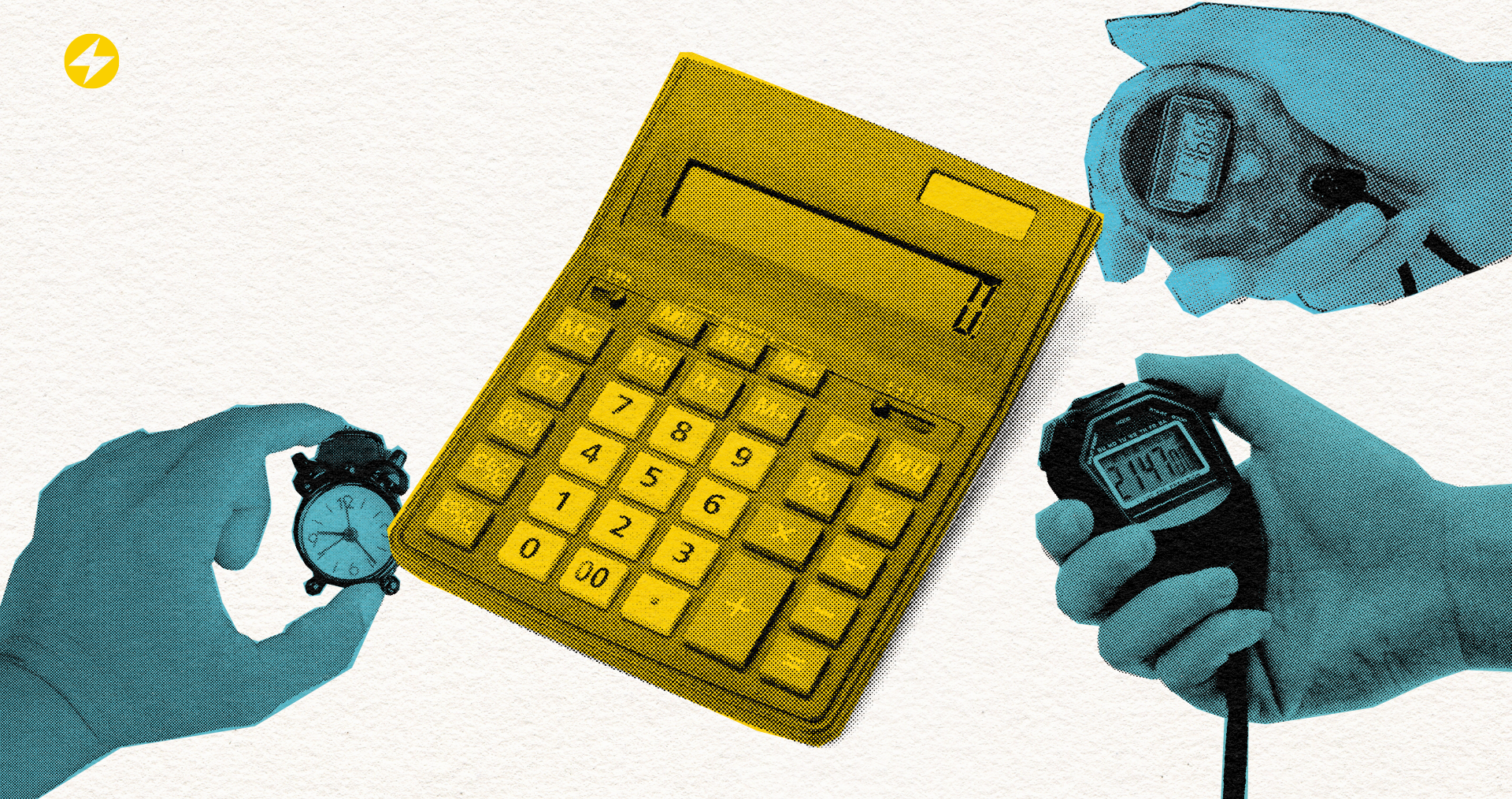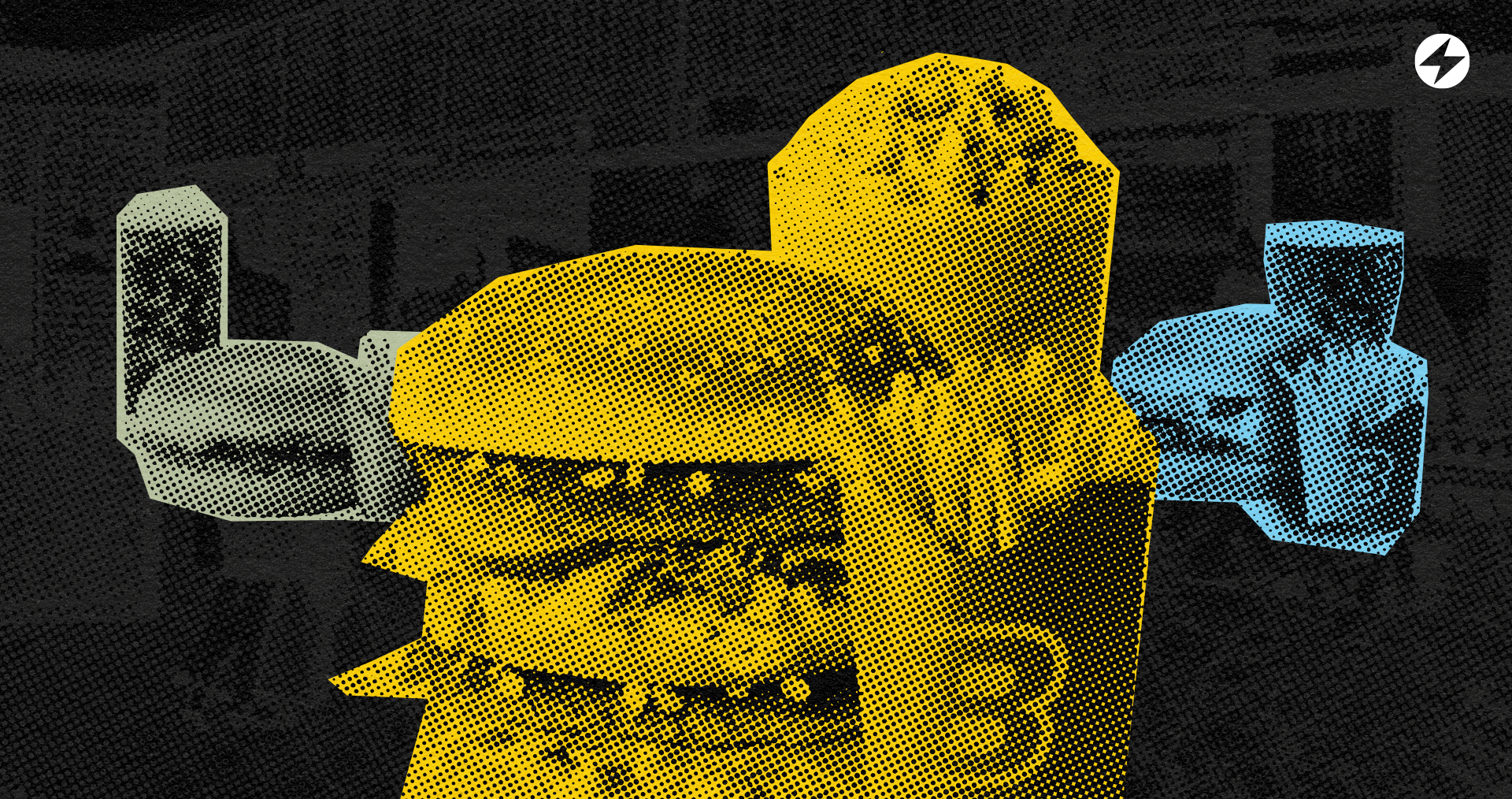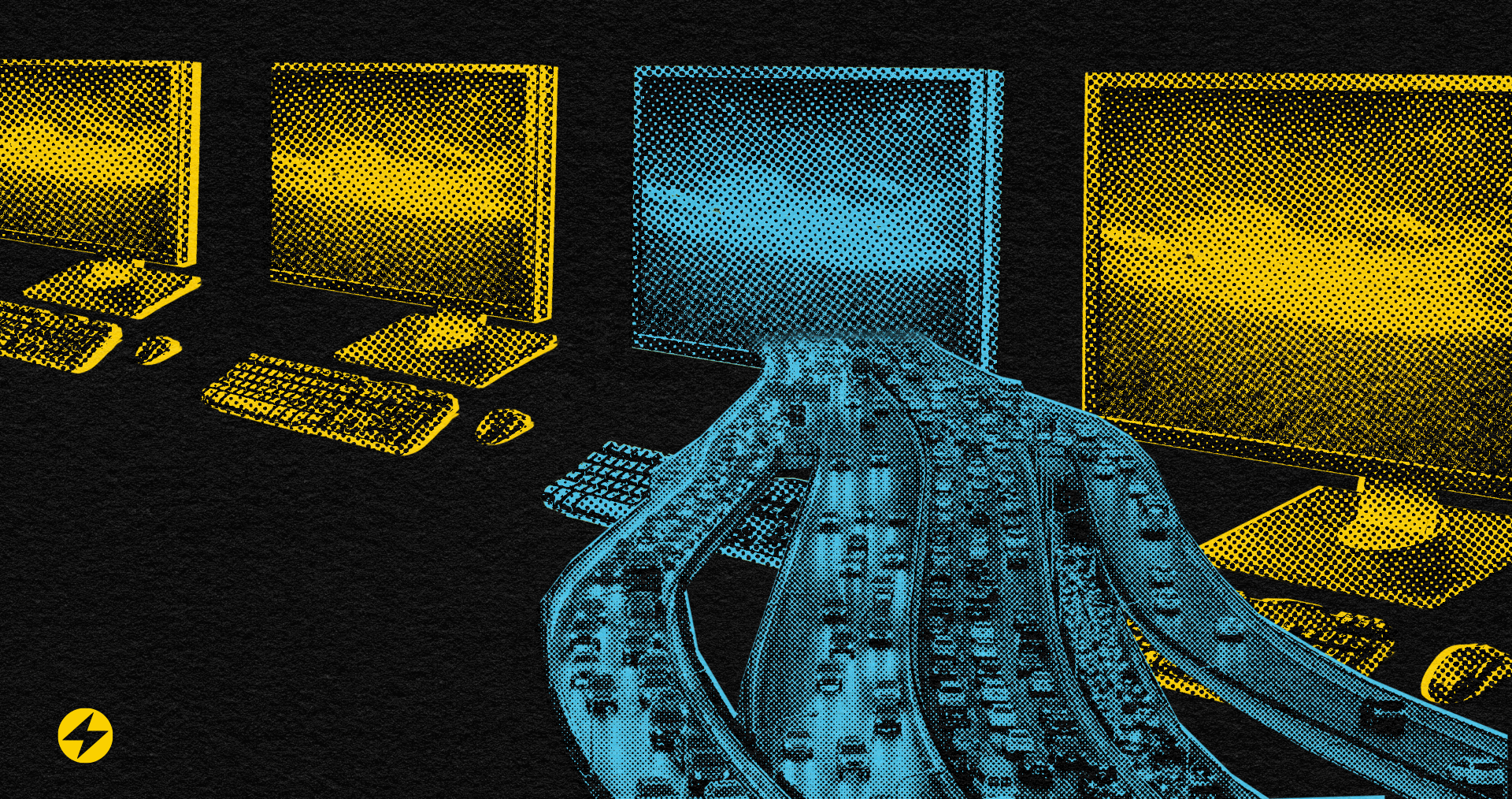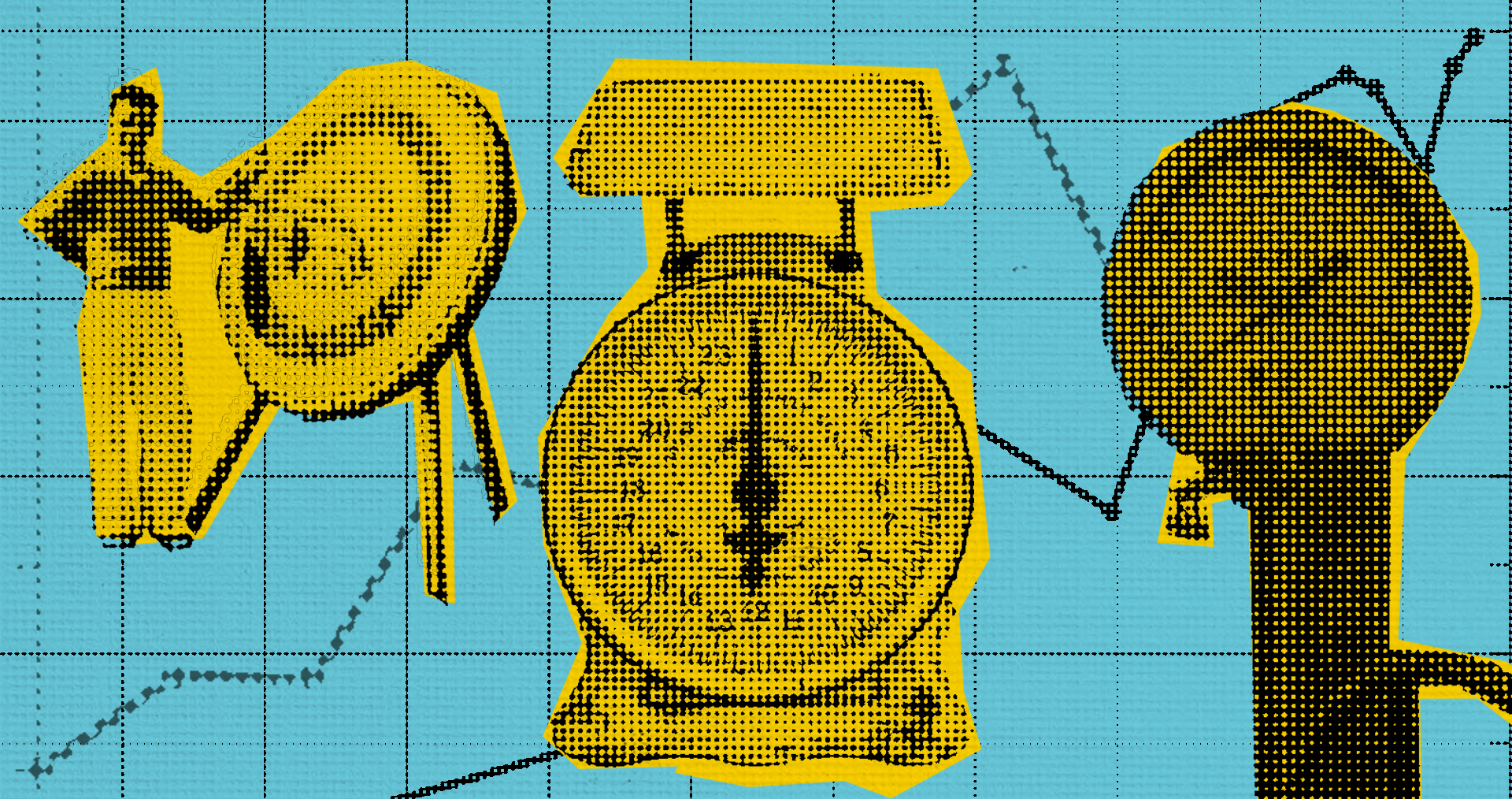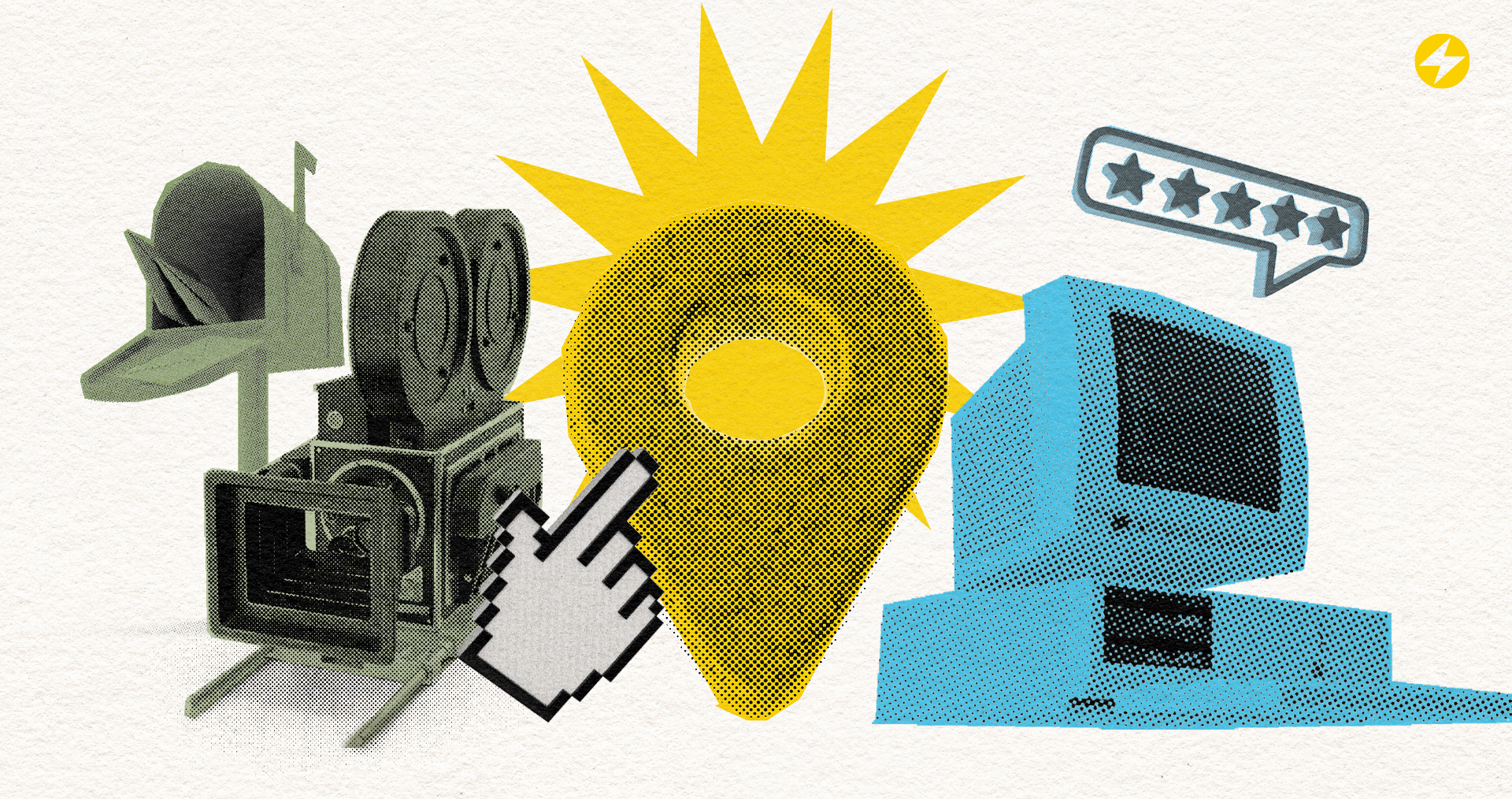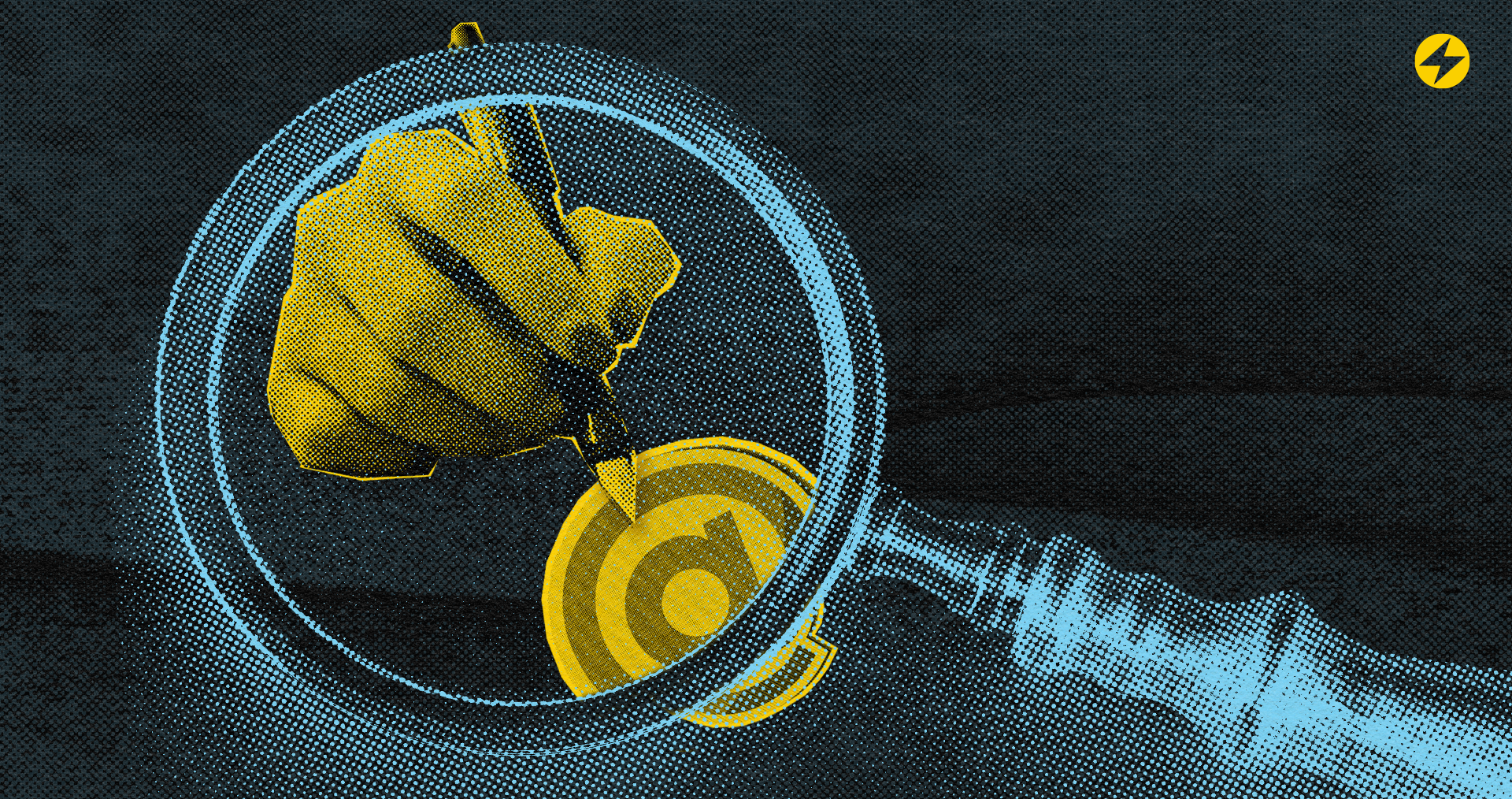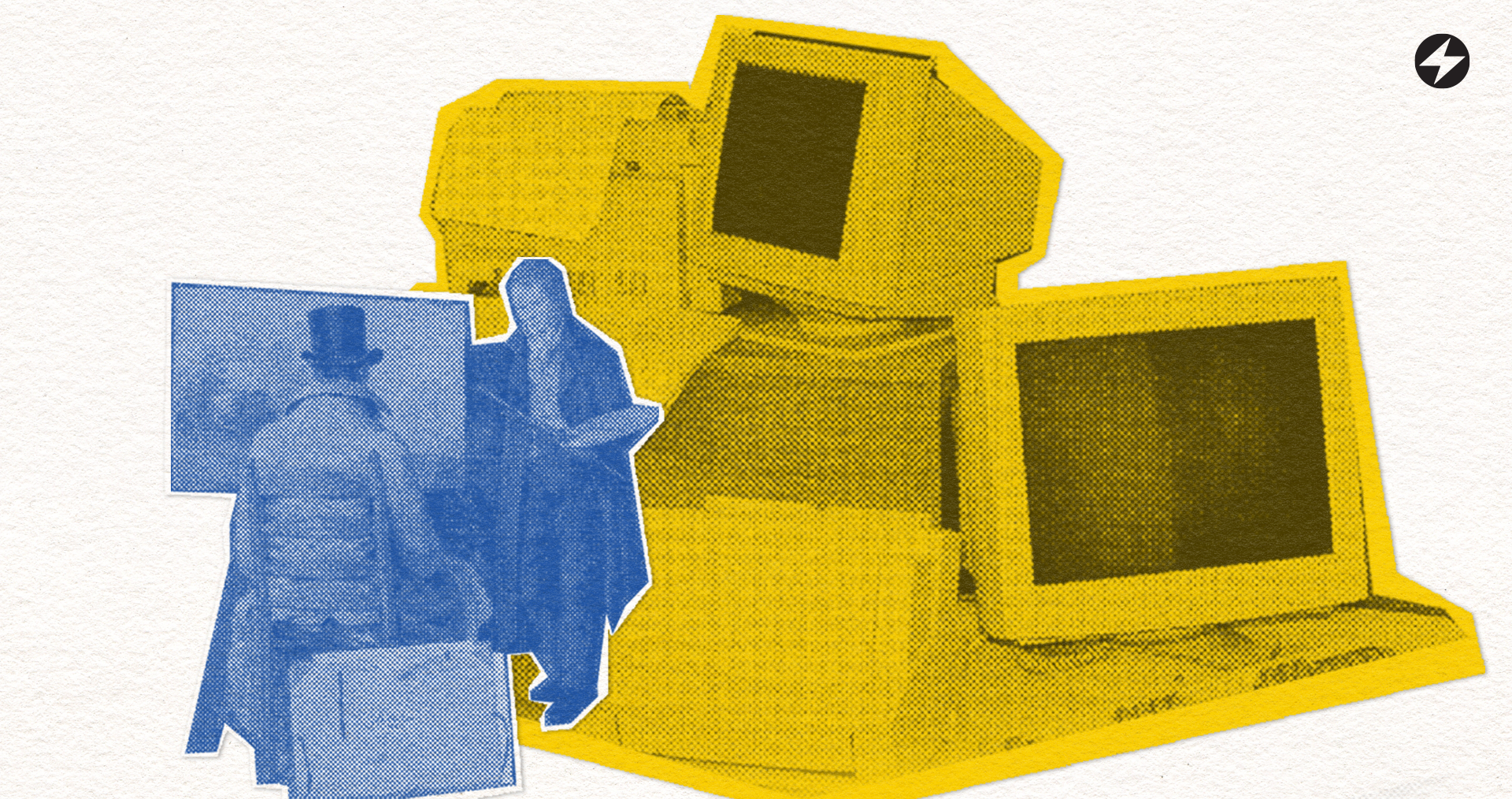The New Digital Normal: How COVID Changed Our Online Behavior Forever
The New Digital Normal: How COVID Changed Our Online Behavior Forever
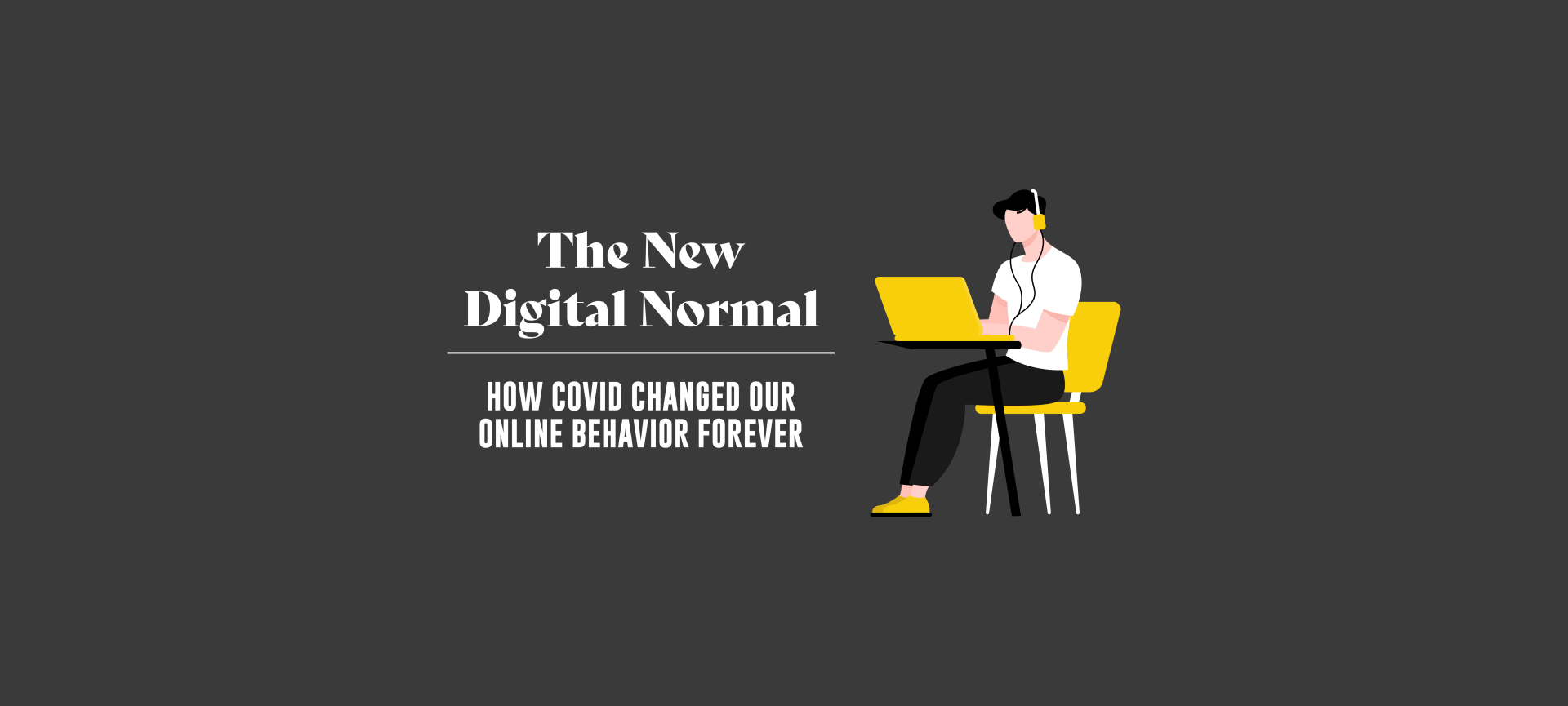
It's no secret: the internet has changed our lives forever. Think back fifteen years ago, when you had to pick up the phone to call and see if a business was open. Today, we would just Google it.
We rely on the internet for everything, from buying groceries and booking vacations to managing our money and socializing with friends.
Where is all of this headed? And, what does it mean for your business?
PRE-COVID
Even before COVID, the internet was an essential part of our lives. For the most part, the internet was reserved for email, social media, and online shopping. A handful of early adopters used the internet for online dating and booking trips.
But many business owners were able to operate in the "way things have always been." With business cards and maybe a Blackberry, most continued business as usual without going online.
While younger generations flocked to the internet and learned to use the digital world to advance their physical world, many business owners were busy sticking to their tried and true methods:
"We don't need a website- all our business is referral-based."
"You want me to pay how much for photography? My nephew has an iPhone - he can do that."
"All these kids are on social media, frying their brains out."
"Print, TV, and radio have always worked - why would I advertise on Facebook?"
This has been the mindset of many in traditional industries such as law, medicine, construction, insurance, etc.
What they were doing wasn't broken, so why fix it?
HOW COVID TIPPED THE SCALES
The future was always going to be digital. As a millennial, I remember learning about the internet in grade school. By middle school, we had a computer connected to AOL. I came of age with the early social media platforms like MySpace and got Facebook as a Junior in High School. I was comfortable with the internet but had a front seat watching it develop. Still, I can certainly remember a time without computers in the house.
Compare this with my youngest sister's experience. She is ten years younger than me and never remembers a time without the internet. She was five years old when the first iPhone came out. She is as comfortable in the digital world as she is in the physical. Her generation uses the internet with ease, making major life decisions online. The dawn of technology with those born after 2000 has created a different reality that many older generations are unfamiliar with for better or worse.
This is where we’ve always been headed: the future was always going to be digital.
Still, COVID expedited this process by maybe ten years. When the government shutdown happened, small businesses had to get creative. For perhaps the first time in a long time, the way they always did it didn't work anymore. We had to get comfortable online both as consumers and as business owners.
Unfortunately, many small businesses were forced to close, and the others struggled to survive. What emerged on the other side is a more versatile way of doing business. We learned to be agile and figured out new ways to solve our customer's problems online:
• New websites were built
• Delivery apps became integral parts of your business.
• You started making content to keep your audience engaged.
• Coffee meetings were replaced with Zoom calls.
• You created new products to adapt to the new reality
Most would still admit that we'd rather have in-person interactions, these digital resources got us through, and they are here to stay. We live in a hybrid world, where the digital experience has meshed with the physical.
THE NEW REALITY
So, what does this hybrid digital reality mean for growing your business? You need to differentiate yourself from your competitors and engage with current and future customers.
Whether you are a new business or an established brand, one thing is becoming more and more important: a strong online presence.
It can take a long time to build an effective online brand which is why many are hesitant to get started because they don't know the first step. You want to start with building a foundation for your online presence, which consist of the following pillars:
- Messaging & Positioning
- What is the story you're inviting customers to experience with your brand?
- Who is your customer? What problems are they facing?
- How are you going to solve their problems?
- Brand Identity
- Your visual identity. Think logos, colors, photos, etc.
- How will people interact with your brand online?
- Stock photos are not your friend. Use custom photos and videos to showcase your brand online and build trust quickly.
- Website
- Can people easily navigate your website?
- Does your website reflect what it's like to work with you?
- Is your website mobile responsive?
- A Marketing Plan
- What is your game plan for generating new business?
- What is your content strategy? What social media outlets will you use?
- How do you turn warm leads into happy customers?
- How do you continue the customer journey after purchase?
When you establish these four pillars, you can feel confident in your future. Your online presence is a living thing, and it grows with you as your business grows. This type of work needs to become central to your business approach.
COVID forced business owners to think on their feet and embrace the digital world. Remote work and leveraging digital technology to grow your business is here to stay. If you have trouble accepting that, you need to embrace the change because this is just the beginning.
The anecdote for all this change is focusing on your online brand. Do this by investing in your business with messaging, branding, video, websites, and a marketing plan.

